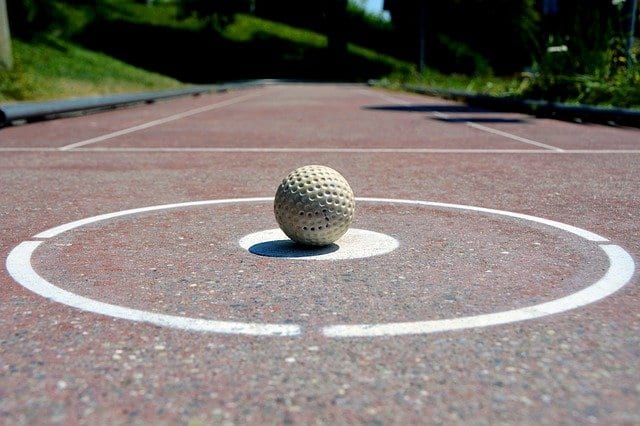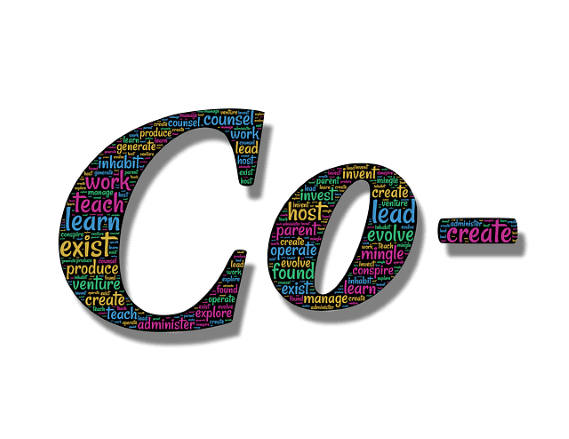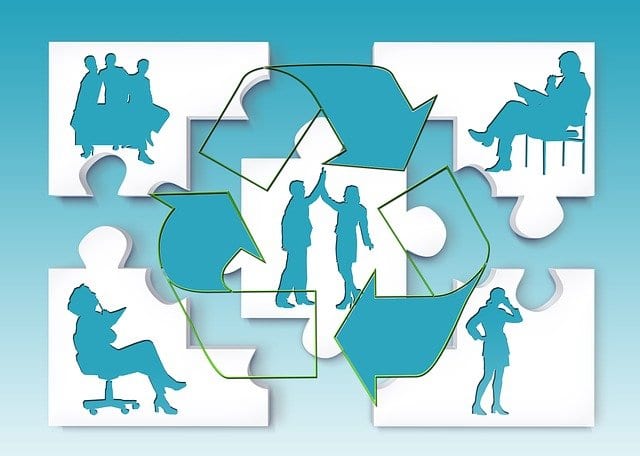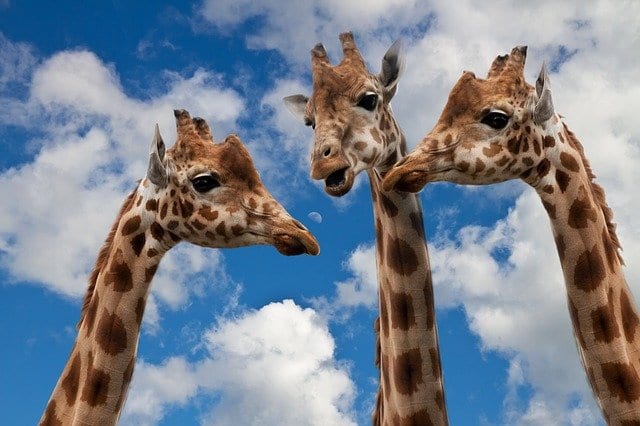This requires patient work where dialogue skills are key. Emergent facilitation is an especially useful technique for surfacing meaning. It involves creating “practice fields” where identity can connect with new pictures of the future.
Posts Tagged: emergent strategy
They note that by practicing dialogue skills in their other day-to-day work, they amplify their service and impact. They observe that their self-awareness is sharper and that their capacity to be effective in complex situations is enhanced.
Craft goals in the language and worldview of the prevailing culture while enabling people to make sense of those goals in their own terms. This is the work of the bi-culturalist.
Controlled and linear organisational learning may have worked in less turbulent times. A learning culture that is fit-for-purpose in today’s world requires learning to emerge in real time. Tune into what is happening at the periphery of our organisation. The ripe issues are more likely to emerge there.
Nature points towards basic methods that work such as sensing patterns, recombining ideas into a new “mutation” and being open to feedback. Systems mapping, pattern analysis, experimentation, collaboration, and dialogue are their organisational equivalents.
Discipline #4 of 5 – Team Learning The fundamental characteristic of the unaligned team is wasted energy. And unless teams can learn, the organisation cannot learn. When teams are aligned and learning they produce extraordinary results. And individuals in the team grow more rapidly than they could ever otherwise do. The discipline of team learning





